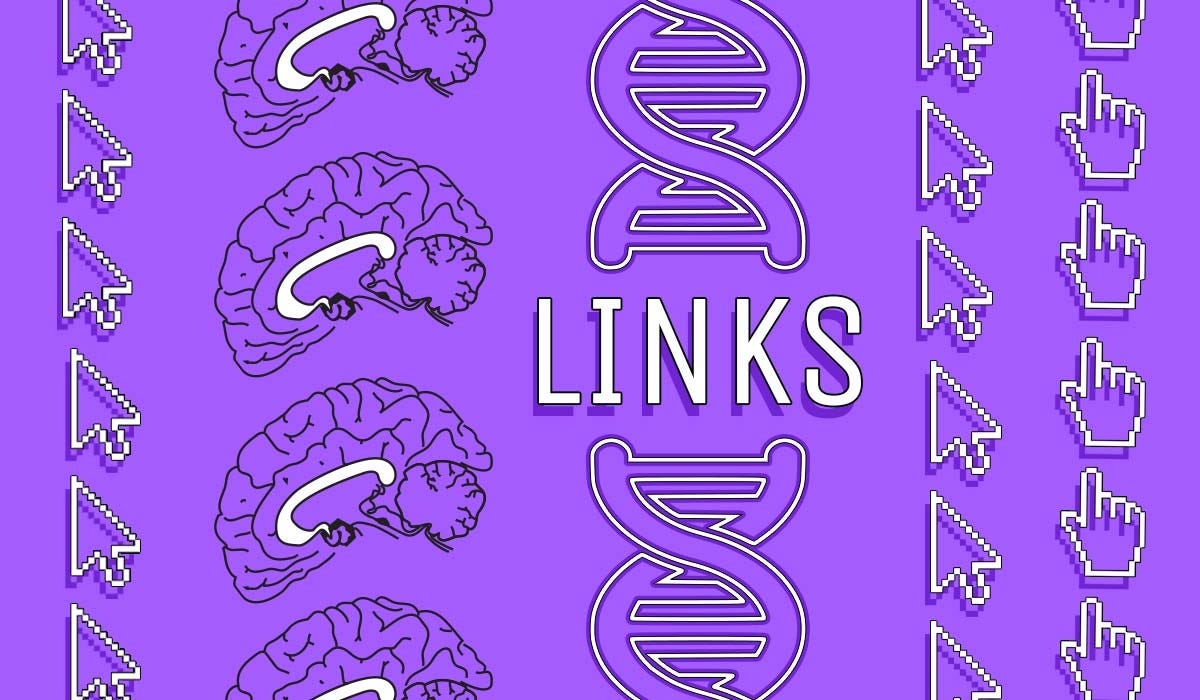LINKS - January 12th, 2022
Welcome to LINKS — my attempt to provide Rhapsody readers with five interesting stories that tell us something about what it means to be human. LINKS is published every Wednesday. Have a link you want to share? Drop it in the comments.
Archaeologists have discovered a 4,000-year-old stone game board in Oman
By Samuel Kutty, Oman Daily Observer
“The board is made of stone and has marked fields and cup-holes. Games based on similar principles were played during the Bronze Age in many economic and cultural centres of that age.”
Astronomers just mapped the ‘bubble’ that traps our planet
By Tatyana Woodall, Popular Science
“Many of us may feel like we’re living in a bubble, but Earth actually is residing in one.
“Published today in Nature, researchers from the Center for Astrophysics and the Space Telescope Science Institute have created a 3D map that reconstructs the evolutionary history of the “Local Bubble,” a 1,000-light-year-wide cavity of cold gas and dust that’s responsible for the formation of all nearby young stars—including our sun.”
Clovis hunters’ reputation as mammoth killers takes a hit
“Tests of stone points show that early Americans may have been better scavengers than hunters of the giant beasts.”
Pig-Heart Transplant Jolts Doctors Confronting Lack of Organ Donors
By Amy Dockser Marcus, Wall Street Journal
“Maryland patient’s experimental surgery leads some researchers to consider fast-tracking plans for more animal-to-human procedures.”
Becoming Martian: Space travel through the Middle Passage
By Chanda Prescod-Weinstein, The Baffler
“The idea that we can abandon Earth and just move on and not meet the same fate somewhere else is silly. Our problems travel into space with us, as exhibited by the history of exclusion from space faced by Black and disabled people, and anyone else who isn’t an abled hetcis white man. Without the protection of Earth’s atmosphere and the stabilizing influence of the Earth’s gravitational pull, life is hard. As science studies and disability studies scholar Ashley Shew likes to remind people, we haven’t even totally worked out poop in space.”




